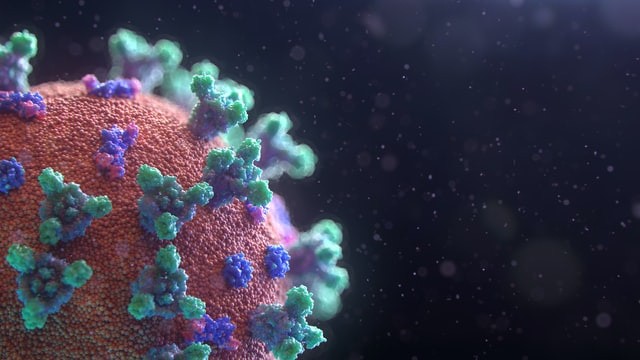The SARS-CoV-2 virus, which causes COVID-19, is capable of mutating, according to medical experts. According to a report from The Guardian, a new study has shared that the novel coronavirus may be adapting to humans.
Also Read: COVID-19 UPDATE: CT Scans Reveal Half of Hospitalized Children with Coronavirus Have Inflamed and Fluid-Filled Lungs

New evidence was found by the scientists suggesting that pathogens in some strains of the coronavirus may be mutating to adapt to humans after spilling over from bats.
According to the study, 5,300 coronavirus genomes from 62 countries were analyzed, showing some virus strains have gained mutations but are fairly stable; these include genetic changes that alter the critical "spike protein," which is found in the novel coronavirus.
Also Read: [BREAKING] CORONAVIRUS: Director of National Institute of Allergy and Infectious Diseases Dr. Anthony Fauci to Begin Modified Quarantine
COVID-19 adapting to humans concerns medical experts; New evidence found pathogens adapting to humans
According to The Guardian, a study conducted by researchers at the London School of Hygiene and Tropical Medicine revealed that it is not yet clear how the mutations can affect the novel coronavirus. However, the changes can help COVID-19 infect more people, spreading the virus easily since the mutations arose independently in different countries.
Martin Hibberd, a professor of emerging infectious diseases and senior author of the study, said that although the spike mutations are rare at the moment, the gathered results from different countries highlight the need for global surveillance of the novel coronavirus so that more worrying changes can be recorded, and safety measures can be developed and conducted in response. "This is exactly what we need to look out for," he said in the report.

"People are making vaccines and other therapies against this spike protein because it seems a very good target. We need to keep an eye on it and make sure that any mutations don't invalidate any of these approaches," said Hibberd.
Recent studies about COVID-19 revealed that the shape of its spike protein helps it bind to human cells more effectively compared to SARS, a related coronavirus that sparked an outbreak in 2002. The difference between the virus's structure may have helped it infect more people across different countries around the world.
The extensive mutations may alter how the virus behaves. But what concerns scientists is how these changes can affect the spike protein of the virus. Leading vaccines around the globe mainly target the spike protein of COVID-19. And if it changes too much, the current vaccines may no longer be effective in fighting the novel coronavirus, including other potential treatments such as synthetic antibodies that also target the spike proteins.
"This is an early warning, even if these mutations are not important for vaccines, other mutations might be and we need to maintain our surveillance so we are not caught out by deploying a vaccine that only works against some strains," said Hibberd.




